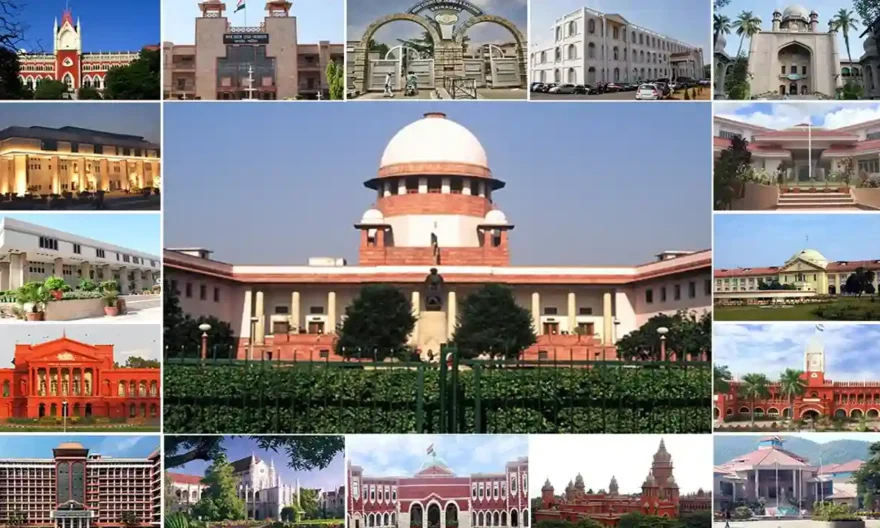
The Supreme Court recently passed directions to all High Courts towards ensuring all criminal trial and civil suit records are digitised by district courts.
A bench of Justice Krishna Murari and Justice Sanjay Karol emphasized the importance of proper and regular digitisation of records for a smooth judicial process.
“Technology has, in the present time become increasingly enmeshed with the systems of dispute resolution and adjudication with the trends pointing leading to all the more interplay, both supplementary and complimentary between technology and law,” the bench remarked.
Furthermore, the bench noted that the Apex Court’s E-Committee had already issued a Standard Operating Procedure (SOP) in this regard on September 24, 2021, which must be followed.
The orders were issued in response to an appeal filed against a November 2022 Allahabad High Court verdict convicting the petitioner under the Prevention of Corruption Act for accepting a bribe of Rs 500 in 1995.
The High Court upheld a trial court order from 1999, but reduced the sentence to the time already served because the lower court’s records were unavailable.
The conviction was based on a partially reconstructed record based primarily on the complaint.
The appellant filed a petition in the Supreme Court, expressing his displeasure with the conviction.
The Court had to decide whether the appellant’s conviction despite the lack of trial court records constituted a violation of his right to life and liberty under Article 21 of the Constitution.
The bench held that, in the present case, the accused should be given the benefit of the doubt because his ability to appeal his conviction was effectively eliminated due to the lack of records.
The bench emphasized that it is well established that following the legal procedure is ‘sacrosanct’ in criminal cases.
“If a right of production of documents at the trial stage exists, it is a natural corollary that the High Court, sitting in appeal, must benefit from those documents. In the considered view of this Court, this is a demand of the abovementioned sacrosanct requirement,” the bench stated.
Furthermore, the upholding of a conviction in a case like this one “cannot be said to be consistent with due process of law and fairness.”
The bench ruled that the High Court’s entire approach was illegal and erroneous because it did not decide the appeal on merits but instead placed the onus on the appellant to produce the records.
A retrial is not possible due to the time lapse, the bench added.
As a result, the current case is a violation of fundamental rights because the High Court failed to fulfill its obligation and duty.
“Protection of the rights under Article 21 entails protection of liberty from any restriction thereupon in the absence of fair legal procedure. Fair legal procedure includes the opportunity for the person filing an appeal to question the conclusions drawn by the trial court,” the judgment reads.
The conviction was thus overturned by the Apex Court, and the Rs 25,000 fine, if deposited by the petitioner in accordance with the trial court’s order, was ordered to be returned.




